NATO’s expansion towards the eastern Europe led to the intense ongoing Russia-Ukraine Conflict. Russian Ukraine confrontation is not new; it dates back to the fall of the Soviet Union (USSR). When the satellite states took independence, Ukraine being one of them.
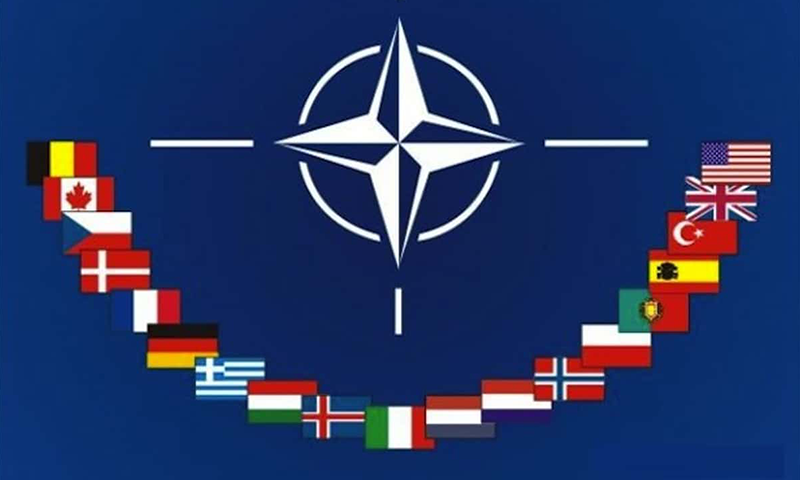
Balance or Neutrality?
Doubtlessly, Ukraine is the largest country in the Europe. Simultaneously, Ukraine is still under the sphere of Russian influence. Aiming for a balance or even maintaining neutrality in such a scenario where you stand in between the two gigantic superpowers, is a hope against hope.
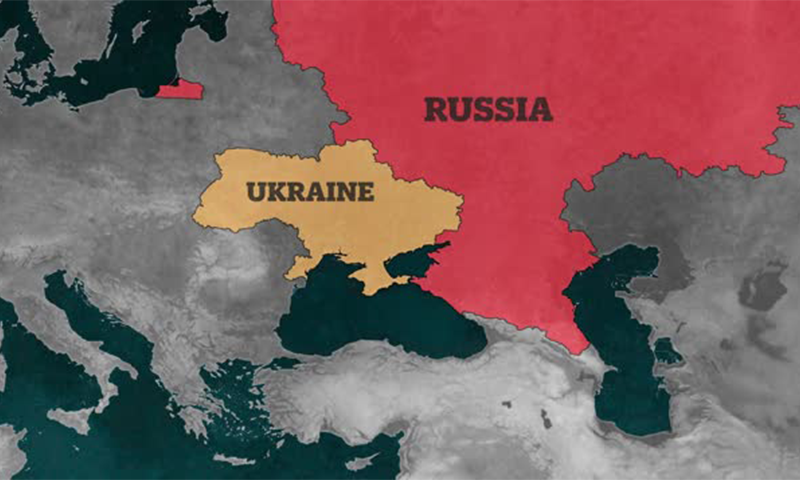
Since early 2000’s, West systematically involved in Ukraine via expansion or influence. Which includes militarization of Ukraine, developing covert bases (bio labs in Ukrainian territory). The West influence in Ukraine was evidently against Russia and likewise, targeted towards Russia as well.
Various Approaches Towards Russia Ukraine Conflict
First, Russia. It always had a very loud and clear stance over Ukraine. Russia doesn’t want NATO expansion, as it’s not in their security interests. And it will do anything and everything to protect its state sovereignty. NATO’s expansion in Russia has been checked and also curtailed by the Russians. To a point where Russia drew a line to NATO’s expansion. Stating explicitly, if West step ahead, we (Russia) will be forced to take defensive yet protective measures.
Russia wants the militarization of Ukraine to be curtailed. The independent neutrality of Ukraine to be diminished, similarly. And lastly, Russia wants Ukraine to recognize the Crimea and Donbas region, since these regions have massive Russian population and Russia has an older claim to it.
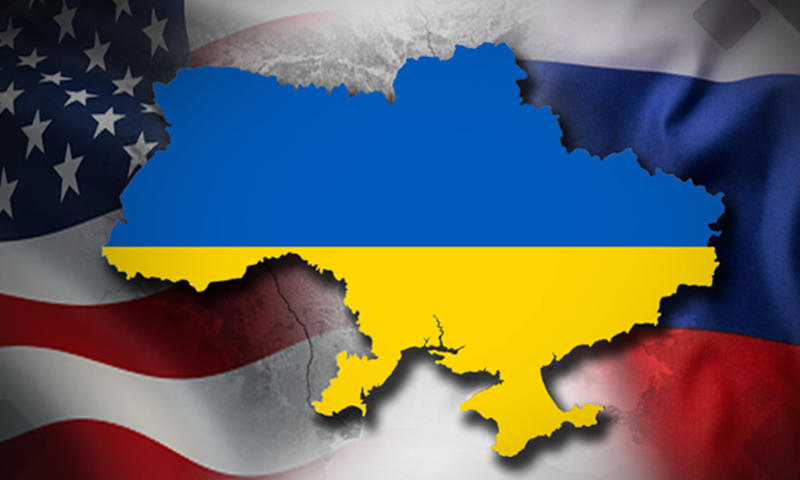
Second, Ukraine. Which has a simple stance. To take their own decisions, choose their own sides independently, as a sovereign country. Living in a place of sustainability and peace without the pressure from either of the two sides. Without the fear of any power looming over it.
Third, America. United States is continuing to thrive in the cold war era mindset. In the 21st century, United States still perceive Russia as an empire, a threat. US needs to realize that 21st century is an era of economic power and not the times anymore to invade other people’s country, violate their sovereignty and do their social engineering. USSR and Russia have very different ideologies, as of now. Nonetheless, America’s desire to keep Russia in check by investing itself in related areas is plainly irrational.
Also Read: From Unipolarity to Multipolarity
A new style of Cold War in 21st Century?
The outdated, old-fashioned tactics of Cold War era are incompetent with contemporary times. Presently, there are new tactics, new technologies, innovation, different policies, new methods. In this new style of Cold War, there are new actors evolving in the international arena with different political styles. For instance, US and China, in this group Russia stands to be a sub actor.
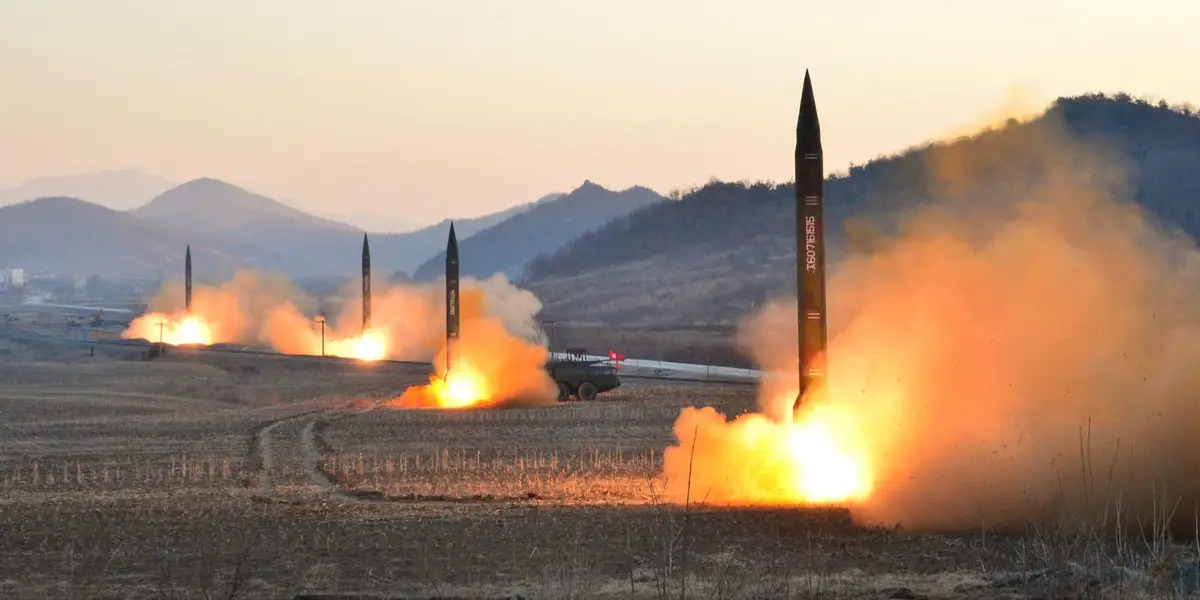
Is “US vs. Them” thinking tearing apart US?
US and the Western Powers works well when there are clear delineations of “Us Vs. Them”. US desires to club China and Russia as an ally to validates its “US Vs. Them” mindset. For example, in situation where waters are muddled, counties like US fails to do well. We have witnessed many examples in the past decades Vietnam War, Iraq War and very recent Afghanistan War. America fought a yearlong war for good twenty years in Afghanistan, spent trillions of dollars just to withdraw in the end? That’s because America fails to differentiate between friend and the foe.
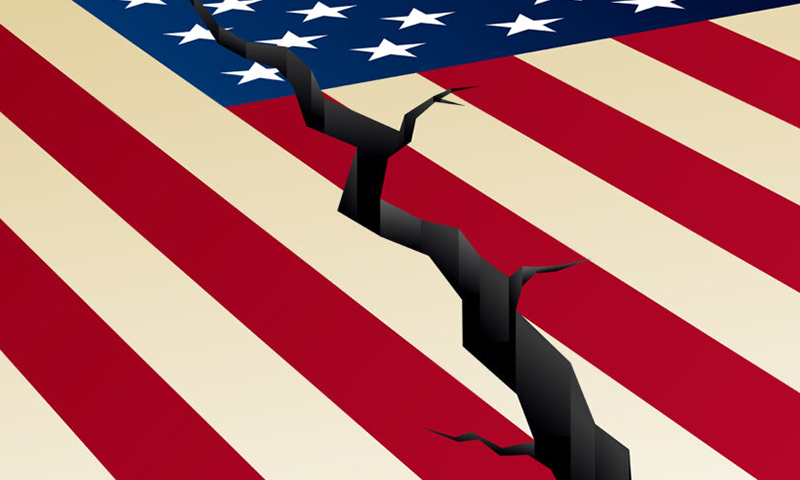
Wars with Russia, China, North Korea are feasible to US. Why? Again, because it validates the US mindset of “US Vs. Them”. Enemy and friends are visible. Who’s on Who’s side, the blocs are identified. And regardless of American foreign policy claims that they are capable, big and strong enough to take unilateral actions when they are not sided by any state (like they did in Iraq War). America fails to prove itself alone. In the times of connectedness, allies and partners support in the political world order does marks a difference on the endings.
The Present Colonial Configuration
Shakespeare’s once said, Past is a prologue. The present Global political structure is an extension of the same old colonial configuration, conflicts, power politics, the never ending struggle for power. In the 21st century international political structure, the former colonies and empire are solely just resettled. The same key players, Russia Germany, US, UK, France who continued the struggle for power from the major World Wars to Cold War, are persisting to fight even in the present times. The western powers have pressurized Pakistan and India to choose a side, patently depicts the presence of colonial system in the post-colonial times.
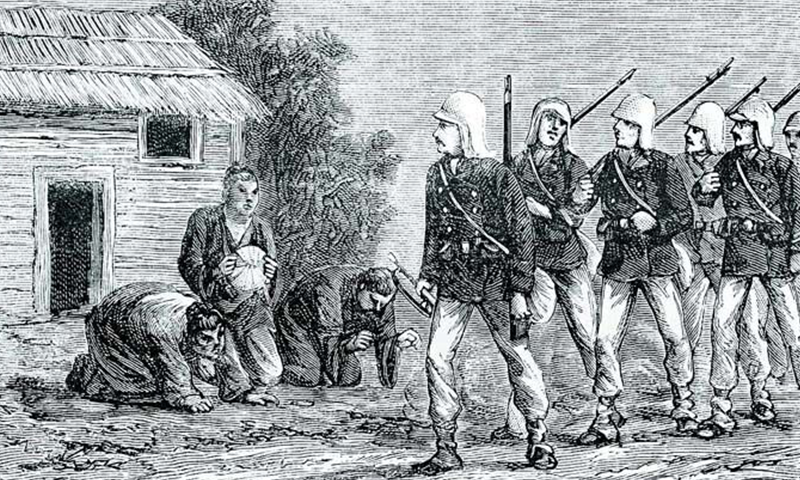
Hence, the colonial configuration is significantly present in modern times. And it’s not just US that perceives Russia as an Empire or a threat. Correspondingly, Russia perceives US as a threat to its sovereignty, to its national security. Moscow considers West as an expansionist power, out there to destabilize Russia. In this regard, the Cold War era mindset also implies on Russia.
Pakistan’s Neutrality towards Russia Ukraine War
Today, United States and Western powers linger on to believe that countries like Pakistan are incapable of taking rational decisions, cannot say No, to the decision imposed on them. Considering the policy class, the decision makers are subordinated to the West led agendas.
The idea that the West war with Russia is driven by the humanitarian concerns or liberal world order is folly. With the past experiences of fighting Western wars especially in the case of Afghanistan, Today Pakistan has a very good situational awareness of what the war actually is?
Also Read: Russia War With Ukraine: Is Ukraine Putin’s Western Hemisphere?
Looking from a rational perspective, Pakistan’s decision to keep its neutrality over Russia Ukraine conflict is to proffer that Pakistan doesn’t believe in “Camp Politics” and neither will be a part of it any further. Pakistan will not continue to invigorate in Western characterization of the world, the “US Vs Them”. And like US and West have their own perspective to look at the Russian Ukraine war, so does Pakistan, which is very different than that of yours.
Pakistan sure empathize with the humanitarian crisis in Ukraine, because it has been hosting more than 5 million Afghan refugees fetched by the US “war on terror”. We are the one who recognizes the humanitarian crisis, the most. Islamabad, dispatched humanitarian aid to Ukraine worth $335,000 on the request of its government to help its people.
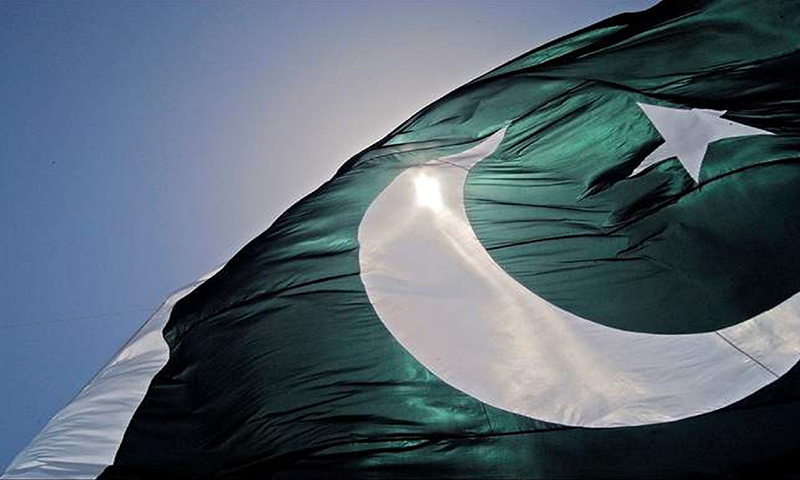
In a recent interview on April 2, COAS General Qamar Javed Bajwa said that, Russia’s invasion of Ukraine must be stopped immediately, terming it a great tragedy. Then again it doesn’t mean Pakistan is taking sides. It simply means violence of any sort is unacceptable in the contemporary times. Just like how China did.
Pakistan will continue to diversify its friendships, where ever and with whomever it wants, on the international forum. Modestly, to ensure its long term national and development interests (may it be economic ties with Russia) that cannot be forsaken for the short term political interest of western powers. The West really needs to understand that, Pakistan’s trust in them is not so much there.
From his visit to Washington in 1950’s, in an interview, the first Prime Minister of Pakistan Liaquat Ali Khan openly stated the vision of Pakistan. An exemplary prosperity and hope for Muslim countries.
“Pakistan will never allow its freedom to be taken away, fighting aggression where ever it maybe and Pakistan shall cooperate with all those countries who want peace in the world and progress of mankind.”
Former PM Liaquat Ali Khan
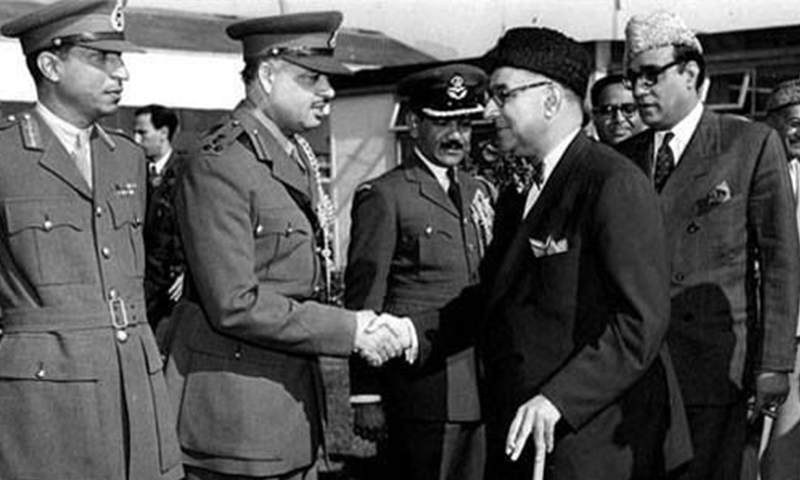







Being a CSS aspirant it is a v helpful article in current affairs. Well explained ?